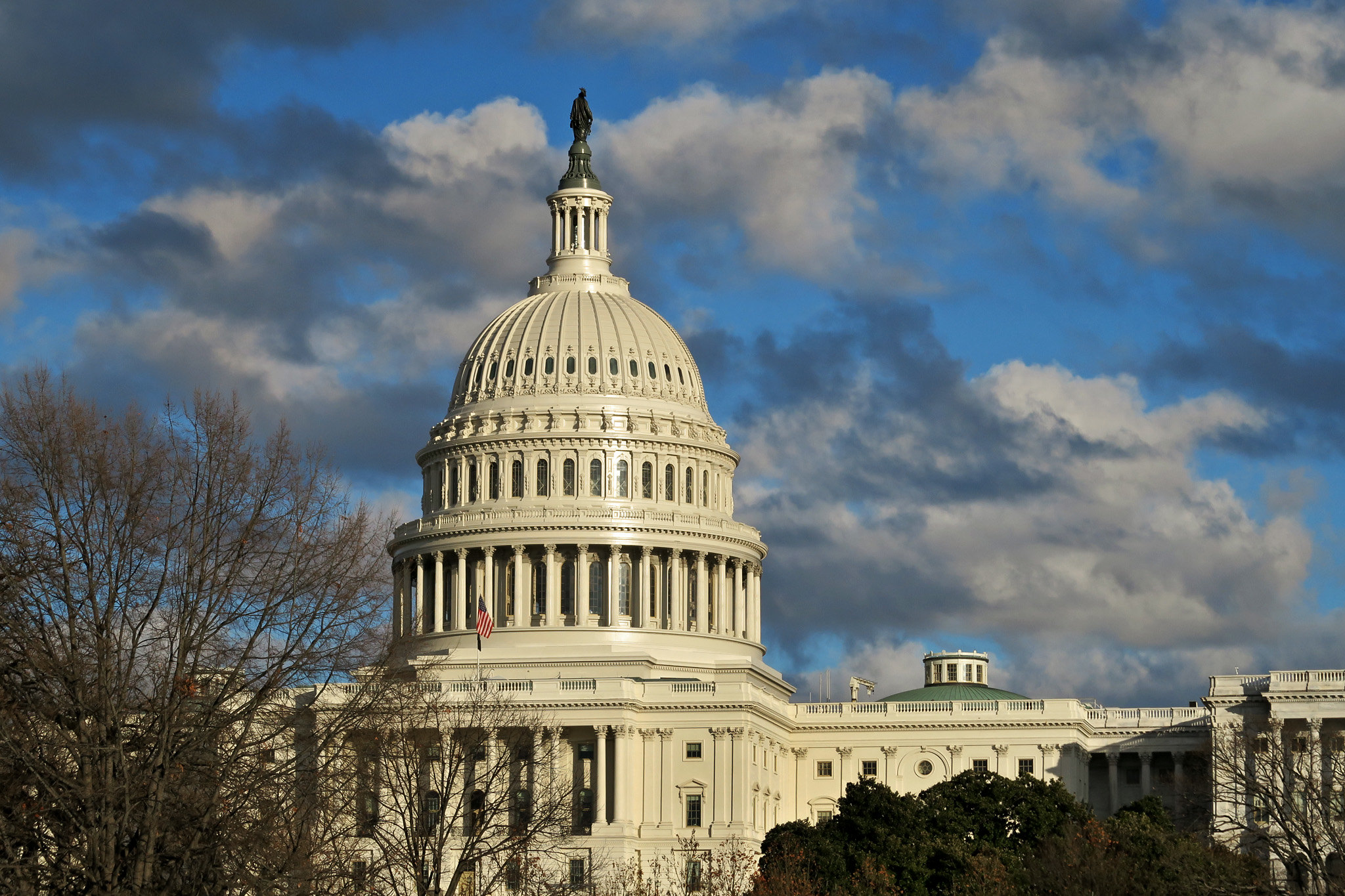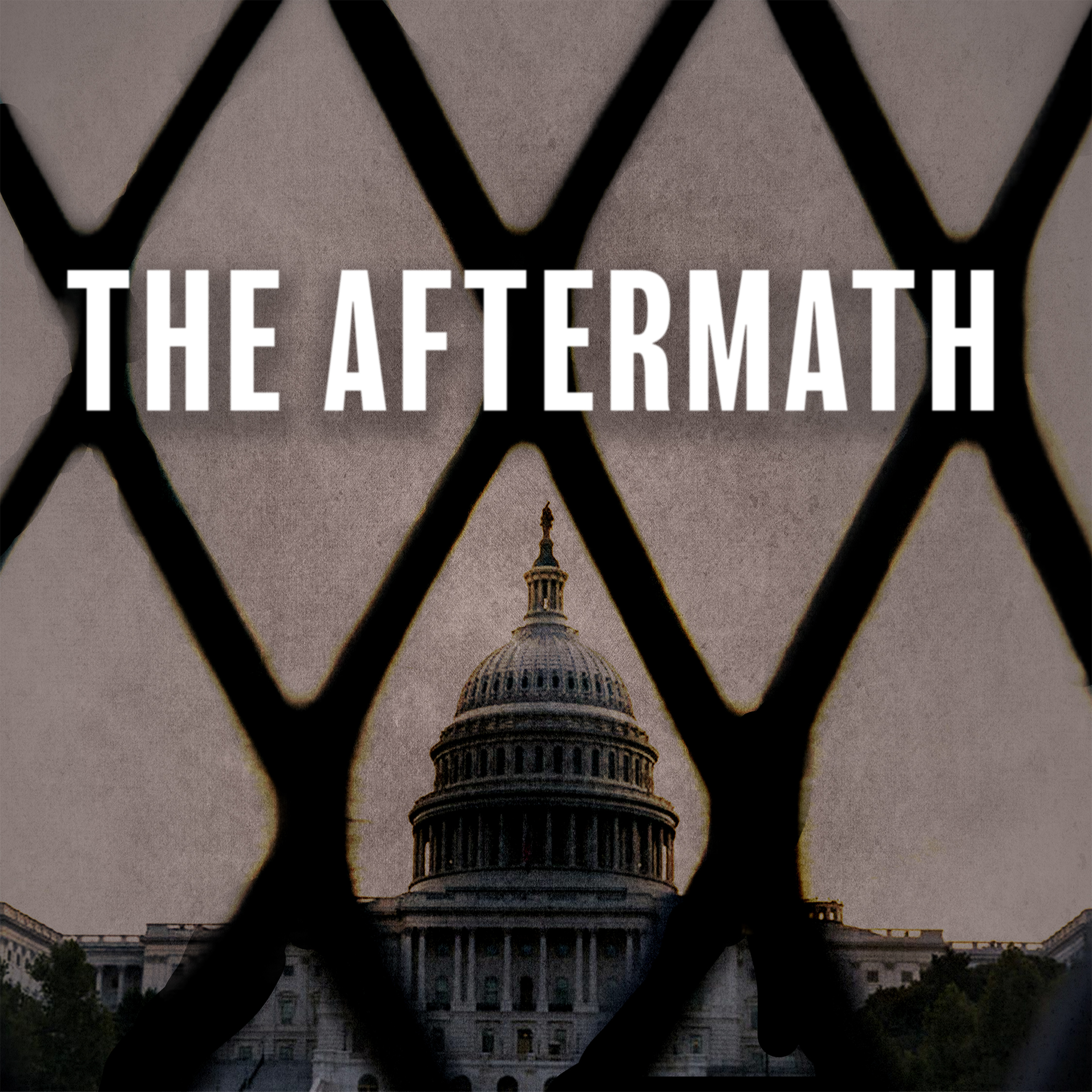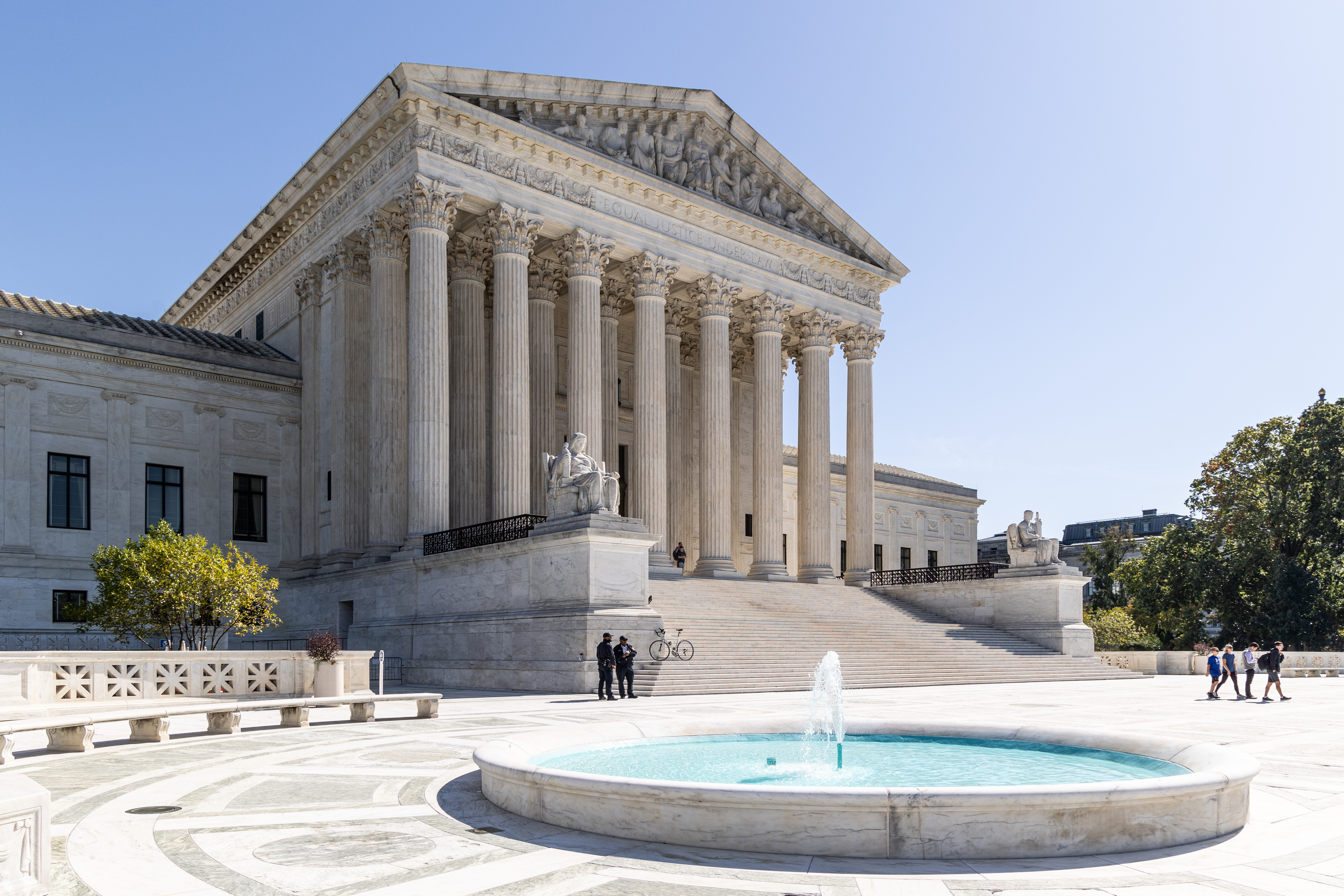-

The Government’s Objections to FISA 702 Reform Are Paper Thin
The government is focused on FISA Section 702’s value, but under scrutiny it couldn't show any ways key reforms would undermine its impact. -

The Lawfare Podcast: Assistant Treasury Secretary Paul Rosen on the CFIUS Process
What is the Committee on Foreign Investment in the United States and why is it so important for national security? -

Biden Administration Declassifies Two Counterterrorism Memorandums
The Biden administration partly declassified two memorandums that tighten the necessary conditions for drone strikes and lay out new counterterrorism guiding principles. -

War Powers Reform, U.S. Alliances, and the Commitment Gap
The history of the War Powers Resolution shows that tighter congressional checks on presidential use of force and strong alliance commitments may be irreconcilably in tension. -

Ten Years After Coup, the U.S. Still Supports Tyranny in Egypt
Biden promised to end the “blank checks” given to Egypt’s dictator under the Trump administration. That has not happened. -

The Lawfare Podcast: Tim Wu on AI Regulation
How should the Biden administration think about regulating artificial intelligence? -

The Aftermath, Season 1: Binge the Whole Thing
Season 1 is now complete. -

The Supreme Court’s Counterman Decision, Explained
The Court ruled that a party must prove the defendant at least acted recklessly when he or she conveyed the threat to another. -

What Counterman Means for Prosecuting Trump Over Jan. 6
Though still a possibility, it just got meaningfully less likely. -

703 Ways Trump’s Mar-a-Lago Conduct Bears No Resemblance to Hillary Clinton’s Emails
Insisting on similarity is a kind of lie to make Clinton’s conduct look worse than it was, to make Trump’s look more benign than it was, or both at the same time. -

The Aftermath, Episode 6: Going Dark
In the final episode of Season 1, we examine the hidden activity of the Jan. 6 Committee during the year between its first hearing and its second. -

Counterterrorism Jenga
The shift to "over-the-horizon" operations has removed important building blocks in U.S. counterterrorism strategy.
The upcoming main navigation can be gotten through utilizing the tab key. Any buttons that open a sub navigation can be triggered by the space or enter key.














